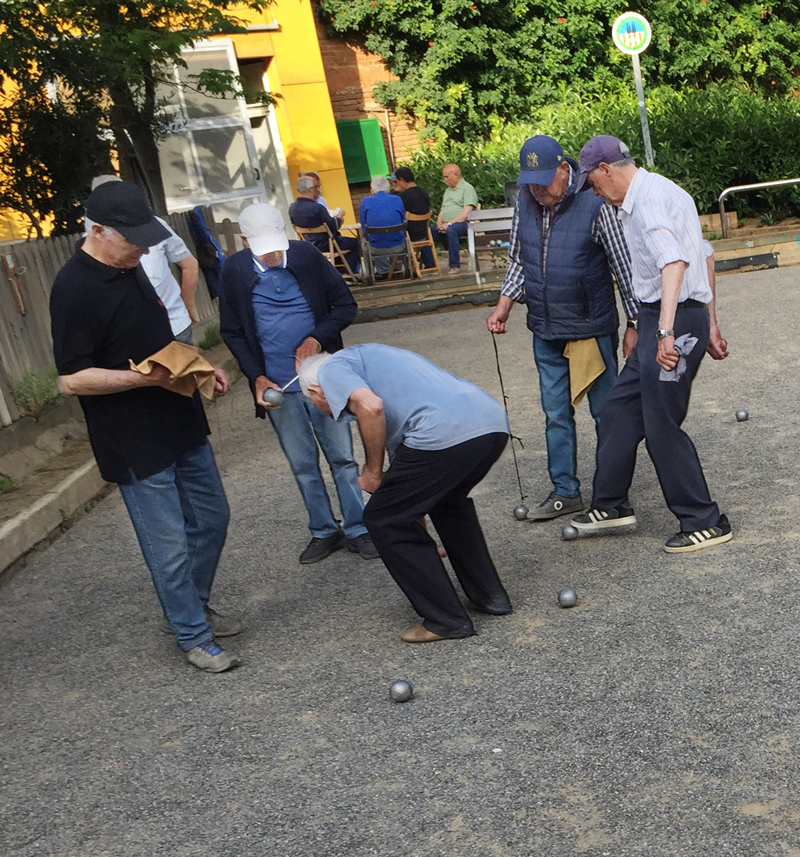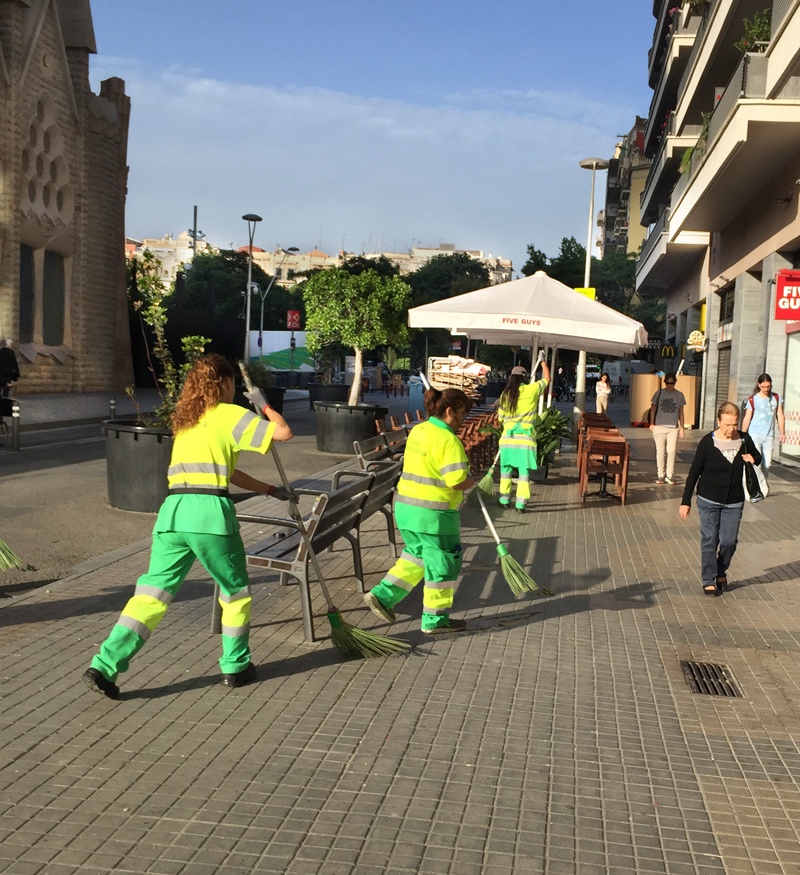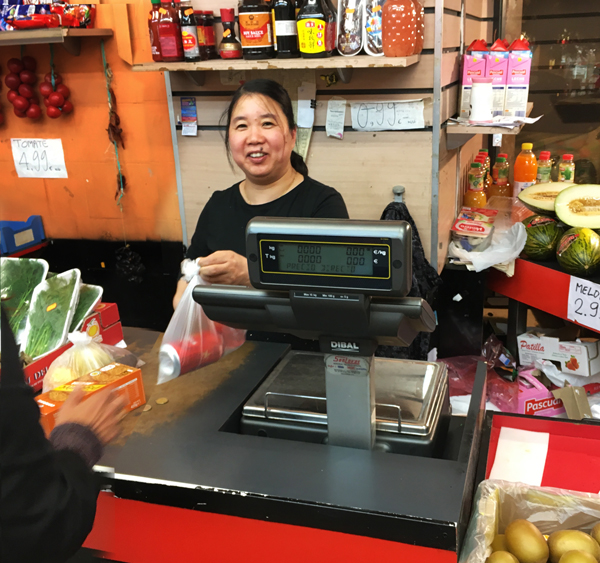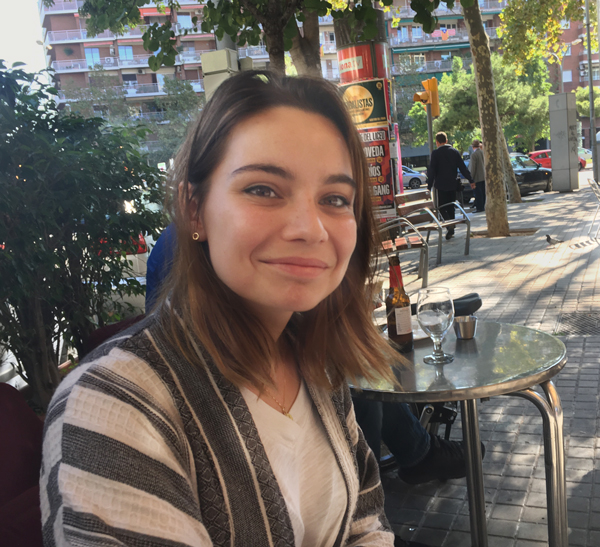Old Men Playing In The Park
 ‘Generalisimo’ Franco dictated which names these petanca players could be given at birth – the name of almost any run-of-the-mill saint would do.
‘Generalisimo’ Franco dictated which names these petanca players could be given at birth – the name of almost any run-of-the-mill saint would do.
Plaça de Gaudi, Barcelona — Franco’s Spain dictated how its families were structured, what religious practices were tolerated, what questions could be asked and what media was safe to consume.
The language these men spoke at home as children, Catalan, was forbidden in public.
The Spain of their youth was a mid-century backwater passed over by the Marshall Plan. But that didn’t stop the U.S. from conspiring to keep its fascist dictator in power. The men on the “petanca” court today could tell you exactly what they were doing when they heard Francisco Franco had died. What they felt about the changes that followed might be more complicated.
They were already middle-aged when the XXV Olympics Games transformed Barcelona’s desolate shoreline into the beach that made it the glittering playground it is today.
Success hasn’t come without a price. The conversion of apartments into short-term, airbnb-style rentals is pushing working-class families out their neighborhoods.
‘Petanca’ is still played in the plaza next to the Sagrada Familia. Bragging rights, and who buys the next round of drinks, are measured in millimeters. (If today is any indication, women in the barrio have found better ways to pass an afternoon.)
One liberty these old men have allowed themselves is to pick up their stainless steel petanca balls by dangling a magnet on a string. Their knees and hips, like their country itself, have changed since they were young men.![]()




